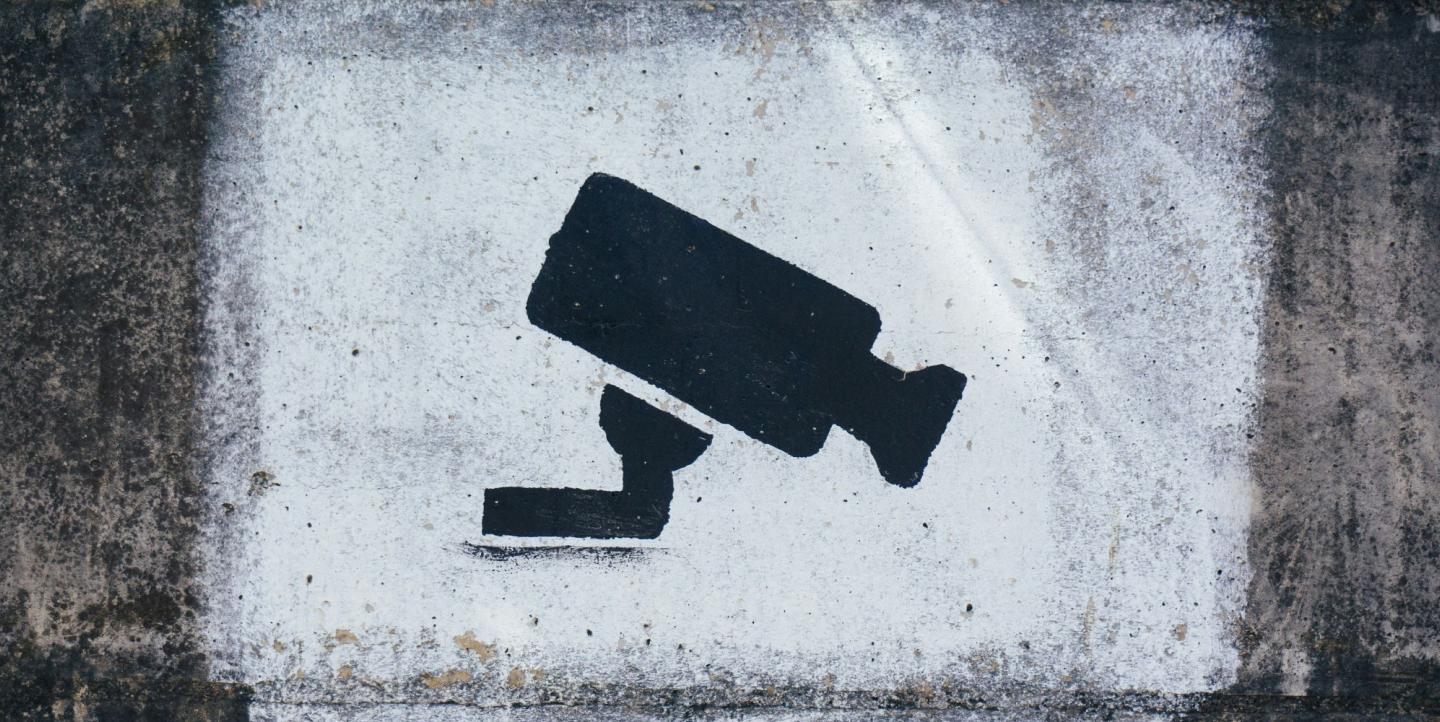When a joint investigation published in December 2023 by Amnesty International and The Washington Post revealed that journalists in India were being targeted by the hacking spyware, Pegasus, Siddharth Varadarajan, founding editor of The Wire, wasn’t surprised his phone was among those being surveilled.
“Considering the current milieu, I was not shocked when my name appeared on the snooping list,” he said.
Developed by the Israeli firm, NSO Group, and sold only to government and law-enforcement agencies, Pegasus is a cyberweapon capable of infiltrating mobile phones and gathering extensive data from text messages, emails and more. It can also activate phone cameras and microphones – all without the phone owner's knowledge.
“It made me really angry that the authorities were still after journalists for doing their work,” said Varadarajan, who was also among 40 Indian journalists targeted by the spyware in 2021. A total of over 300 phone numbers in India appeared that year on a list of individuals being surveilled by clients of the firm, according to the Pegasus Project, a Forbidden Stories and Amnesty International investigation. In addition to prominent journalists, the list included Congress leader Rahul Gandhi and former election commissioner Ashok Lavasa – both deemed threats to the ruling Bharatiya Janata Party (BJP) – as well as dozens of activists, opposition politicians and more.
“Though I was quite disturbed to realize in 2021 that I was being targeted with Pegasus, The Wire probably heads the list of media platforms the current government dislikes, so [it] never came as a surprise to me,” said Varadarajan.
Death of press freedom
For years, the Indian government has been accused of using hacking software against dissidents and adversaries. In 2018, Pegasus was reportedly deployed for snooping on Dalit activists and advocates allegedly accused of being involved in the Bhima Koregaon violence in western Maharashtra. Many of the activists are still in jail, and some were again surveilled by Pegasus three years later.
In October 2023, Apple issued threat notifications to iPhone users who may have been targeted by “state-sponsored attackers.” In India, at least 20 opposition politicians and journalists, including Varadarajan, were reported to have received the notifications.
The controversy has again sparked debates about privacy and the country’s declining press freedom, which has been downgraded from “problematic” to “very bad” in Reporters Without Borders’ World Press Freedom Index.
“Spyware use against journalists simply means death of press freedom because the idea is to [keep us from] working on stories that the government would want to hide,” said Varadarajan.
He isn’t alone among journalists who believe the state-sponsored surveillance attack is no longer surprising – especially under the Hindu fundamentalist BJP government, which has been in power since 2014 and is vying for its third term later this year.
“I feel this government has stripped away the essence of my privacy,” said Swati Chaturvedi, an investigative journalist and author based in India, who has also been targeted through Pegasus.
“As a woman, I was being spied on 24/7 [by the state power] even in my private moments,” she said. “When you become a journalist, you do not sign up for this sort of abuse, especially in a democracy from your own government.”
Journalists in India also regularly face harassment and intimidation from government agencies, among other forms of retaliation due to their work.
Zero accountability
Since the Pegasus Project’s findings in 2021 came to light, digital rights experts and opposition parties have demanded that the government take accountability and propose legislation that addresses data protection and privacy rights.
The BJP government has never explicitly denied the use of Pegasus, but it has rejected the Pegasus Project’s findings, calling them a “conspiracy” to derail India's progress by the opposition and global organizations.
“By not being honest, this government gives an impression [that] no unlawful activity took place,” said Prateek Waghre, the executive director of Internet Freedom Foundation. “That means you have to take the government's word at face value because there's no way to know what really transpired.”
To determine whether spyware was used to snoop on citizens, the Indian Supreme Court set up a technical committee to probe into the 2021 Pegasus revelations. Its findings were sealed and never made public, a decision that experts believe raised questions about the lack of transparency in Indian institutions. “The lack of judicial and legislative oversight has emboldened the government to use Pegasus again and not face any repercussions,” said Waghre.
Difficult to practice journalism
Due to a lack of privacy and an increase in harassment, Indian reporters are finding it more difficult than ever to do their jobs.
“I [received] the [Reporters Without Borders] Press Freedom Award for Courage [in 2018], but I don't want to be held up as an example of courage,” said Chaturvedi, who has been a major target of trolling and threats on social media. Chaturvedi sees herself as a journalist simply trying to do her job, not as an activist.
“If the government gets back at me for doing my job and has me trolled on an industrial scale, then it just becomes impossible to practice my profession, especially when you don't have institutional support,” she said.
With no legal recourse or data protection in place, journalists in the country are wary of using mobile phones while on the job.
“Today, we especially fear for the safety of [our] sources and contacts,” said Varadarajan. “It is a sort of double whammy to not just protect yourself but also your sources, because the authorities seem to have access to almost everything we do on our smart devices.”
Photo by Tobias Tullius on Unsplash.

